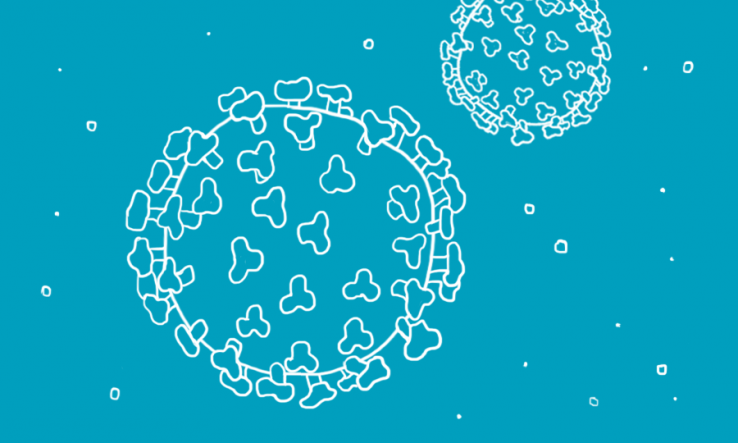
Twelve research projects will study pandemic challenges ranging from elections to education
African researchers will participate in United Kingdom-funded research projects that will address the effects of Covid-19 on elections, conservation and other areas.
The funding was announced on 5 September. Projects will share £7.2 million (US$9.4m) from UK Research and Innovation through the Global Challenges Research Fund and the Newton Fund.
Researchers and institutions based in the Democratic Republic of the Congo, Ghana, Kenya, Mauritius, Nigeria, South Africa, Tanzania, Uganda, Zambia, and Zimbabwe will be involved. Twelve of the 20 projects involve African partners.
Each project features UK-based partners teaming up with researchers in the Global South.
“The call drew a broad cross-section of researchers and partnerships from across the globe to spearhead novel proposals and innovations towards current policy or practice in the understanding of, response to, and recovery from Covid-19 in developing countries,” said Ann Nyambura Wanyoike, based at the Aga Khan University hospital in Kenya, in a statement. Wanyoike was part of the call’s peer review panel.
In Uganda, the universities of Gulu and Makerere will research diagnostic and epidemiological tools in refugee communities in the north of the country, in partnership with the Uganda Virus Research Institute.
In South Africa, the universities of Cape Town and KwaZulu-Natal will work on prevention of child abuse during school interruption as a result of the pandemic. A project in Ghana will research learning and development of children during the crisis.
Researchers based in Kenya, Nigeria, Tanzania and Uganda will collaborate on a project to support healthcare workers with digital tools.
In Zambia, two nursing colleges will develop strategies for the short- and long-term management of the Covid-19 pandemic.
The University of Mauritius will examine how legislation changes have affected migrant workers, while three Zimbabwean universities will aim to find solutions for people displaced by the pandemic.
Researchers in the DRC, Ghana and Tanzania will examine Covid-19’s effects on elections. Nigerian researchers will work with Bangladeshi partners to assess cold-chain storage for a potential vaccine.
Researchers from Nigeria and South Africa will attempt to overcome testing limitations by testing waste-water for a community-level view of infections.
A project in Cameroon and Kenya will examine Covid-19 and the legal wildlife trade in the two countries, while another Nigeria project will examine the pandemic’s effects on street vendors.